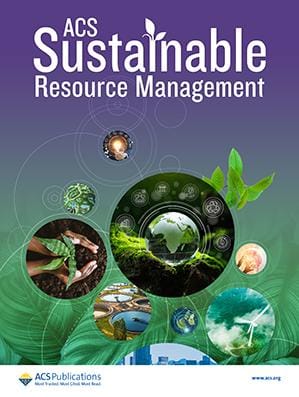This multi-journal Special Issue will provide a broad and inclusive platform for publishing cutting-edge research in the Circular Water Economy. Authors are encouraged to select the journal that best aligns with their research focus and publishing preferences. Submit your manuscript by July 1, 2026.
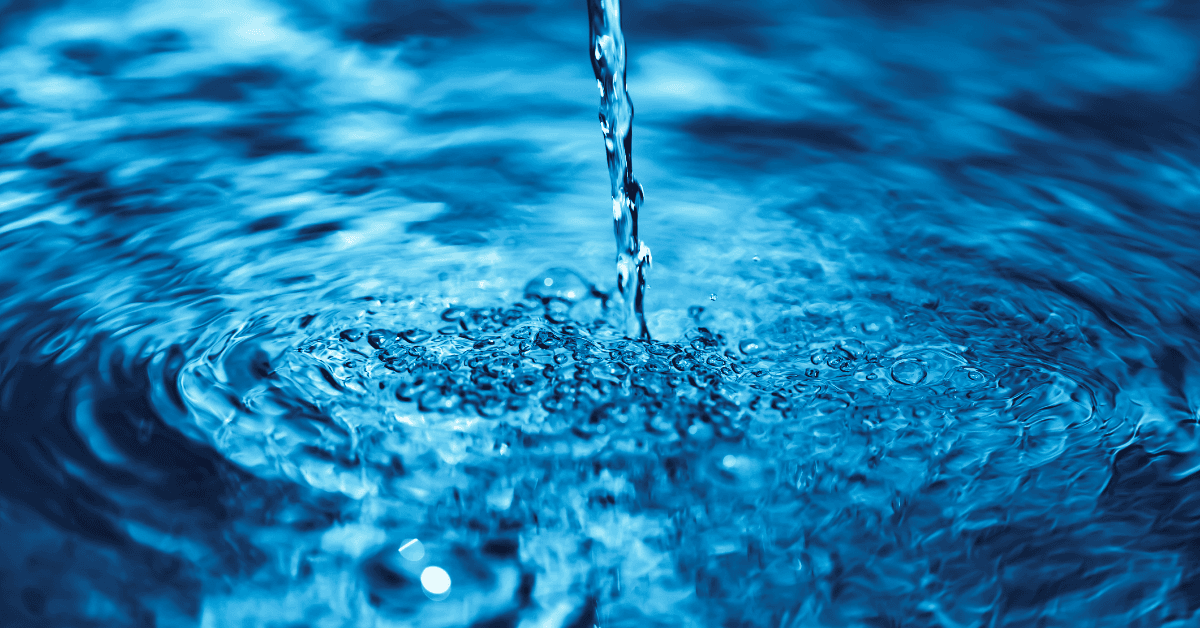
The global demand for freshwater continues to rise due to economic growth and urbanization, while available freshwater supplies are increasingly limited, resulting in heightened water stress worldwide. Furthermore, water-intensive industries (e.g., semiconductor manufacturing and data centers for advanced computing) are increasing the demand on clean water resources. The existing linear water economy largely follows a single-use approach, in which water is consumed once and then disposed of, along with the valuable resources it contains. A circular water economy vision is proposed to selectively recover useful resources in used water/wastewater, such as critical minerals, nutrients, organics, and freshwater while removing key contaminants such as per- and polyfluoroalkyl substances (PFAS) and microplastics. The circular water economy paradigm improves the energy efficiency of the entire water cycle, relieves the supply chain shortage of critical materials, and enables cost-effective fit-for-purpose water reuse.
This joint Special Issue will be hosted across six journals:
- ACS ES&T Engineering
- ACS ES&T Water
- ACS Sensors
- ACS Environmental Au (fully open access)
- ACS Macro Letters
- ACS Sustainable Resource Management
We welcome articles focusing on circular water economy research and practice that address major scientific and technological challenges such as selective separation and detection of critical water resources and contaminants, water resource recovery, and water reuse.
Topics include, but are not limited to:
- Selective separation of critical minerals (e.g., Li, Ni, Co, and rare earth elements), nutrients, and organics
- Biological, physical, chemical, and systems-level energy recovery
- Selective removal and post-separation management of key water contaminants
- Real-time sensors and analytical/characterization methods
- AI/ML data analytics for a circular water economy
- Novel materials that enable selective separation and detection
- Novel process technologies that enable selective separation and resource recovery
- Freshwater recovery and reuse
- Demonstration of relevant technologies in various wastewater sources
- Life-cycle assessment (LCA) and technoeconomic analysis (TEA)
- Recovery, upcycling, and recycling
- Post-separation management of key contaminants and resources
- Innovative reuse of critical water resources such as in data centers and industrial applications
- Circular water economy and supply chain dynamics
- Circular water economy and climate resilience
Organizing Editors
Prof. Brian Chaplin, Associate Editor, ACS ES&T Engineering
University of Illinois Chicago, United States
Prof. George Wells, Topic Editor, ACS ES&T Engineering
Northwestern University, United States
Prof. Jörg Drewes, Associate Editor, ACS ES&T Water
Technical University of Munich, Germany
Prof. Xing-Fang Li, Associate Editor, ACS Environmental Au
University of Alberta, Canada
Prof. Xiangdong Li, Deputy Editor, ACS Environmental Au
The Hong Kong Polytechnic University, China
Prof. Junhong Chen, Guest Editor
University of Chicago, United States
Prof. Xu Wang, Guest Editor
Harbin Institute of Technology, Shenzhen, China
Prof. Wenwei Li, Guest Editor
University of Science and Technology of China, China
Prof. Jiangyong Hu, Guest Editor
National University of Singapore, Singapore
Prof. Young-Shin Jun, Guest Editor
Washington University in St. Louis, United States
Prof. Paul Westerhoff, Guest Editor
Arizona State University, United States
Prof. Zhiyong Jason Ren, Guest Editor
Princeton University, United States
Prof. William Tarpeh, Guest Editor
Stanford University, United States
Prof. Chong Liu, Guest Editor
University of Chicago, United States
Dr. Meltem Urgun Demirtas, Guest Editor
Argonne National Laboratory, United States
Prof. Yunho Lee, Guest Editor
Gwangju Institute of Science and Technology (GIST), Korea
Prof. Tianhong Cui, Guest Editor
University of Minnesota, United States
Dr. Kuldip Kumar, Guest Editor
Metropolitan Water Reclamation District of Greater Chicago, United States
Dr. Melissa Pierce, Guest Editor
Current and NSF RENEW Engine, United States
Submission Information
We welcome submissions for this Special Issue through July 1, 2026. For more information on submission requirements, please visit the journal’s Author Guidelines page.
For more information on submission requirements, please visit each journal's Author Guidelines page:
- ACS ES&T Engineering Author Guidelines
- ACS ES&T Water Author Guidelines
- ACS Sensors Author Guidelines
- ACS Environmental Au Author Guidelines
- ACS Macro Letters Author Guidelines
- ACS Sustainable Resource Management Guidelines
Accepted manuscripts for consideration in this Special Issue will include research articles, perspectives, reviews, and viewpoints. Papers accepted for publication for this Special Issue will be available ASAP (as soon as publishable) online. After all submissions have been published, they will then be compiled online on a dedicated landing page to form the Special Issue. Manuscripts submitted for consideration will undergo the full rigorous peer review process expected from ACS journals.
How to Submit
- Log in to the ACS Publishing Center.
- Select the "Journals" tab.
- Choose either ACS ES&T Engineering, ACS ES&T Water, ACS Sensors, ACS Environmental Au, ACS Macro Letters or ACS Sustainable Resource Management
- Click "Submit."
- Select your manuscript type, and, under "Special Issue Selection," choose “Circular Water Economy."
If you have any general questions regarding submission to this Special Issue, please contact the managing editor (managing.editor@estengg.acs.org).
Stay Connected with These Journals
Never miss an issue again! Sign up now for email updates on future calls for papers, the latest articles, and other content from:

ACS ES&T Engineering
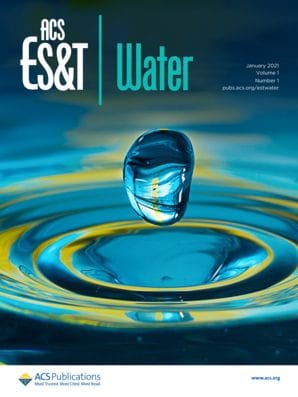
ACS ES&T Water

ACS Sensors
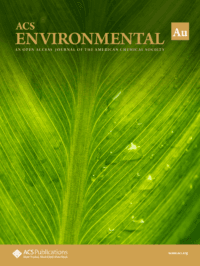
ACS Environmental Au
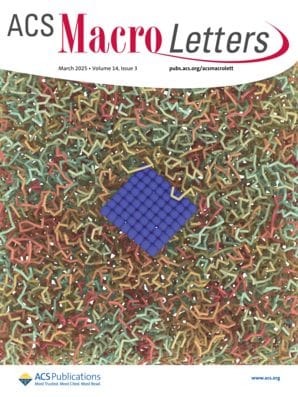
ACS Macro Letters
